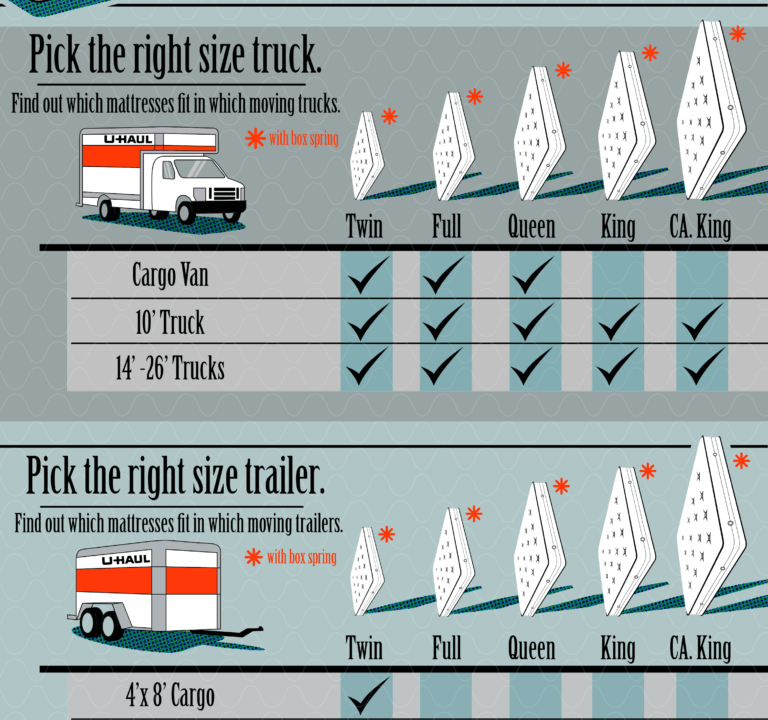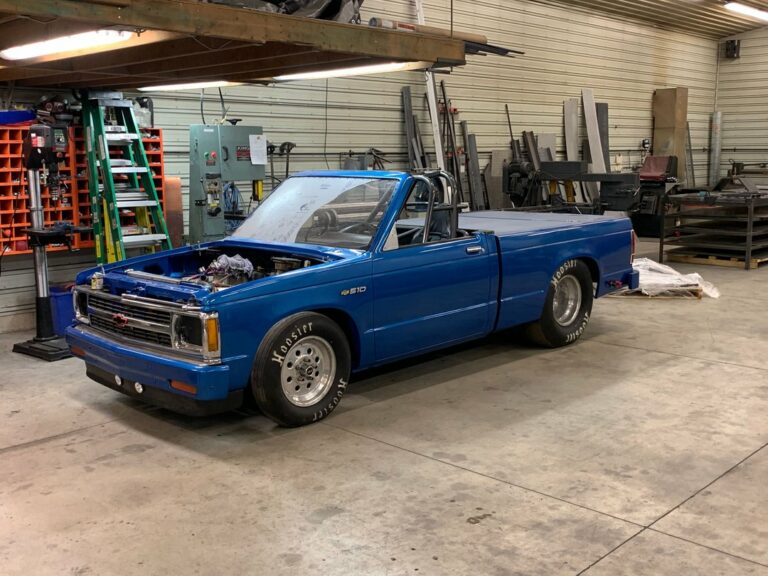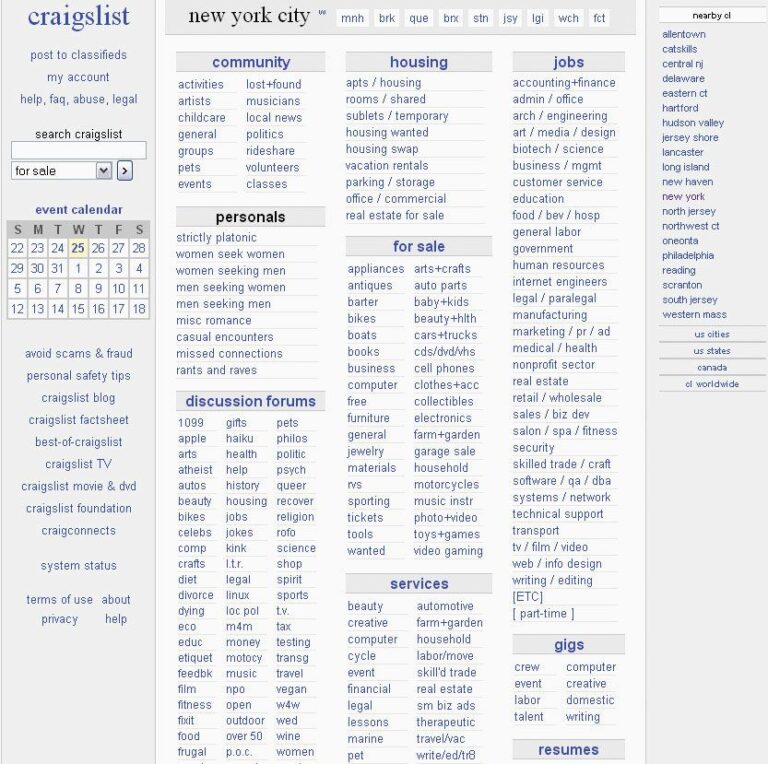Used Ford F350 Diesel Trucks For Sale: Your Comprehensive Buying Guide
Used Ford F350 Diesel Trucks For Sale: Your Comprehensive Buying Guide cars.truckstrend.com
The Ford F-Series Super Duty trucks are synonymous with raw power, immense capability, and unwavering durability. Among them, the F350 stands out as a true heavy-hitter, designed for the most demanding tasks. When equipped with a Power Stroke diesel engine, it transforms into an absolute workhorse, capable of towing massive loads, hauling substantial payloads, and enduring years of rigorous use. For many, investing in a brand-new F350 Diesel can be a significant financial undertaking. This is where the allure of Used Ford F350 Diesel Trucks For Sale becomes undeniable.
Opting for a used F350 diesel allows buyers to access formidable power and utility at a fraction of the cost of a new model, benefiting from the substantial depreciation that occurs in the first few years. However, navigating the used truck market, especially for a complex vehicle like a heavy-duty diesel, requires careful consideration and an informed approach. This guide aims to provide you with all the essential information to make a smart and confident purchase.
Used Ford F350 Diesel Trucks For Sale: Your Comprehensive Buying Guide
Why Choose a Used Ford F350 Diesel? Unpacking the Advantages
The decision to buy a used Ford F350 diesel is often driven by a need for serious capability without the hefty price tag of a new truck. Here’s why these powerful machines are a popular choice:
- Unmatched Power and Torque: Diesel engines are renowned for their incredible torque output at low RPMs, which is crucial for towing and hauling heavy loads effortlessly. The Power Stroke engines in the F350 deliver the kind of pulling power that makes light work of large trailers, RVs, and equipment.
- Durability and Longevity: Ford Super Duty trucks are built tough from the ground up. Their heavy-duty frames, robust powertrains, and oversized components are designed to withstand years of abuse. With proper maintenance, many F350 diesel trucks can easily exceed 300,000 to 500,000 miles, offering exceptional longevity.
- Cost-Effectiveness: New heavy-duty trucks depreciate significantly in their first few years. By buying used, you let the original owner absorb this initial depreciation, allowing you to acquire a highly capable vehicle at a much more accessible price point.
- Versatility: Whether you’re a contractor needing to haul tools and materials, a farmer moving livestock or equipment, an RVer pulling a fifth-wheel, or simply someone who needs robust towing capacity for weekend adventures, the F350 diesel is incredibly versatile. It can be configured as a work truck, a comfortable family hauler, or a formidable overland rig.
- Strong Resale Value: While they depreciate, well-maintained F350 diesel trucks tend to hold their value better than many other vehicles, especially those with desirable engine options and lower mileage. This means your investment is likely to retain a good portion of its worth down the line.

A Deep Dive into Generations and Diesel Engine Options
Understanding the different Power Stroke diesel engines available across the F350’s generations is perhaps the most critical aspect of buying a used model. Each engine has its unique characteristics, strengths, and well-documented potential weaknesses.
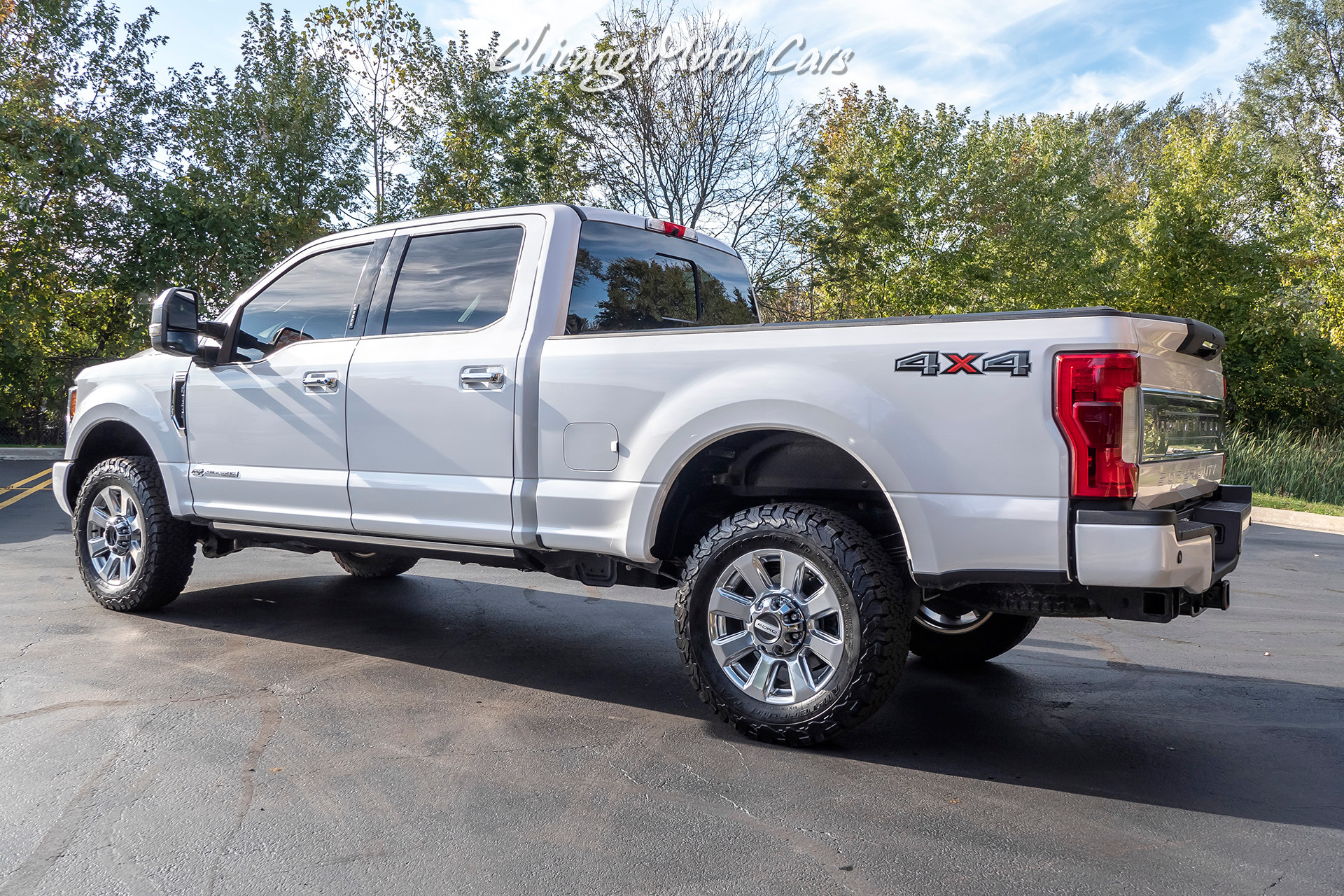
-
7.3L Power Stroke (1994.5-2003): The Legend of Reliability
- Pros: Often hailed as the most reliable and mechanically simple Power Stroke, known for its longevity and ease of maintenance. Less reliant on complex electronics or emissions equipment.
- Cons: Lower power output compared to newer diesels. Being older, finding lower mileage examples can be challenging, and age-related issues like rust or worn components are more common.
- Considerations: If you prioritize simplicity and proven reliability over sheer power, a well-maintained 7.3L is an excellent choice. Look for signs of good maintenance and minimal rust.
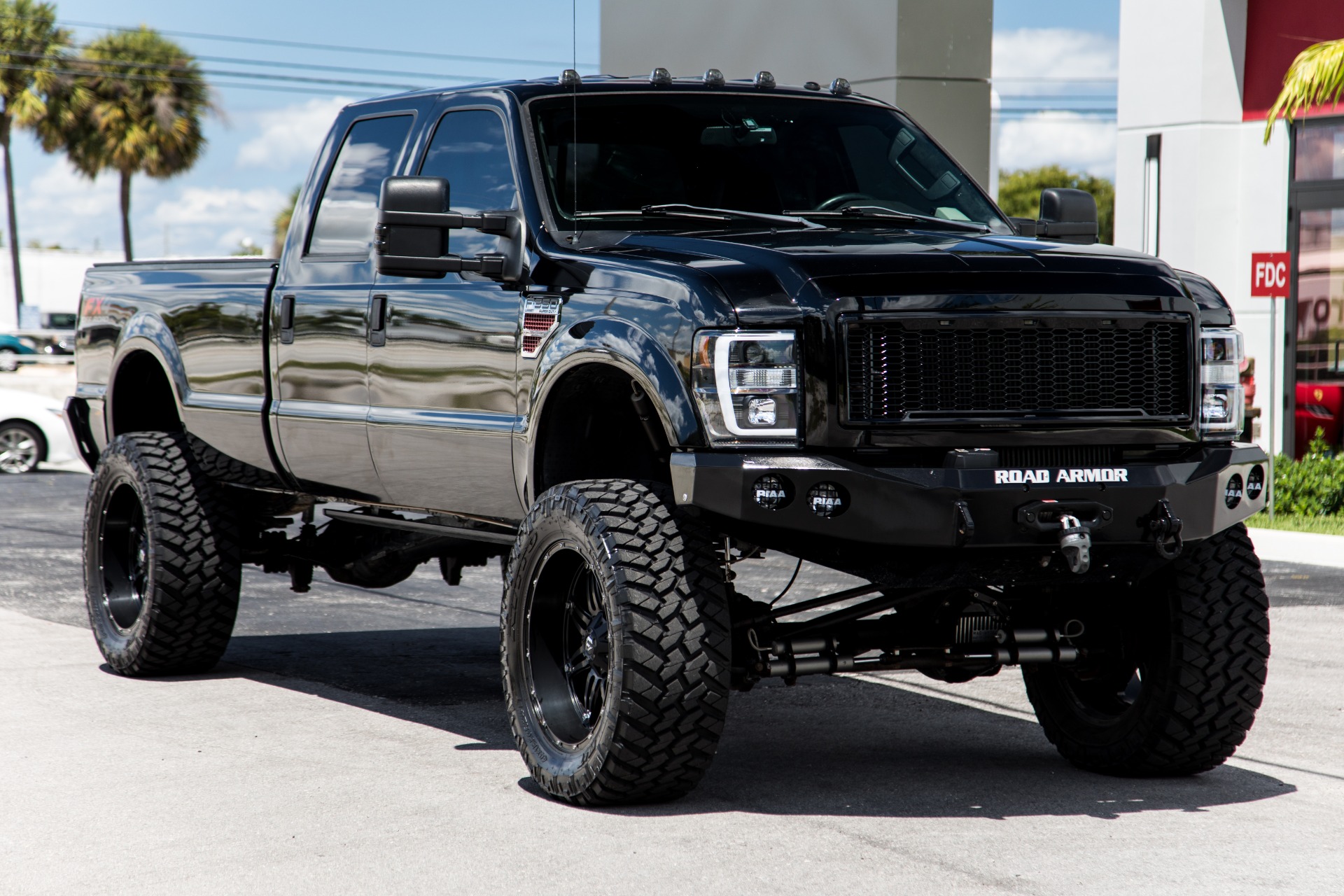
-
6.0L Power Stroke (2003-2007): The Potent Peril
- Pros: Significant power increase over the 7.3L, with better fuel economy for its time.
- Cons: Infamous for a litany of common issues, including EGR cooler failures, oil cooler clogging, head gasket failures (due to insufficient head studs), HPOP (High Pressure Oil Pump) failures, and injector problems. These can lead to costly repairs.
- Considerations: If considering a 6.0L, it is imperative to inquire if it has been "bulletproofed." This involves aftermarket modifications to address its known flaws (e.g., EGR delete, upgraded oil cooler, ARP head studs). A "bulletproofed" 6.0L can be a strong performer, but a stock one is a significant risk.
-
6.4L Power Stroke (2008-2010): The Most Problematic
- Pros: Even more powerful than the 6.0L, with improved interior and exterior styling.
- Cons: Widely considered the most problematic Power Stroke. Known for severe issues with the DPF (Diesel Particulate Filter) system, injectors, fuel pumps, and turbochargers, often leading to catastrophic engine failure and extremely expensive repairs.
- Considerations: Generally, it is advisable to avoid the 6.4L Power Stroke unless you are an experienced diesel mechanic prepared for substantial potential investment in repairs, or you find one with extensive, documented, and recent engine overhaul work.
-
6.7L Power Stroke (2011-Present): The Modern Workhorse
- Pros: A massive leap forward in reliability, power, and efficiency. This engine offers incredible torque, quieter operation, and significantly fewer widespread issues than its predecessors. Early models had some turbo and DEF system sensor issues, but these were largely resolved in later years (post-2015).
- Cons: More complex emissions systems (DEF fluid, DPF) can lead to higher maintenance costs and potential sensor failures. Parts are generally more expensive due to advanced technology.
- Considerations: For the best balance of modern power, reliability, and features, the 6.7L is the top choice. Focus on models from 2015 onwards for enhanced reliability, though well-maintained 2011-2014 models are still strong contenders.
What to Look For When Buying a Used F350 Diesel
Purchasing a used F350 diesel requires a keen eye and thorough inspection. Here’s a checklist of critical areas:
- Service Records are Paramount: This is your number one tool. Demand comprehensive service records. Look for consistent oil changes (with proper diesel-rated oil), fuel filter replacements, transmission fluid services, and coolant flushes. Gaps in service history are a major red flag.
- Engine and Drivetrain Inspection:
- Start-Up: Listen for smooth cranking, no excessive white, blue, or black smoke (a puff on cold start is normal for older diesels, but it should clear quickly).
- Running Engine: Listen for unusual knocks, clunks, excessive ticking, or loud turbo whine. Check for oil, coolant, or fuel leaks.
- Test Drive: Evaluate transmission shifting – it should be smooth, without harsh clunks or slipping. Test 4×4 engagement (if applicable). Accelerate firmly to check for power delivery and turbo spool.
- Chassis and Suspension:
- Rust: Inspect the frame, body panels, brake lines, fuel lines, and suspension components for excessive rust, especially in areas where road salt is used. Surface rust is common; deep, flaky, or structural rust is a deal-breaker.
- Wear: Look for worn suspension bushings, loose steering components, and leaky shocks.
- Brakes and Tires:
- Brakes: Check rotor condition (no deep grooves or warping), pad thickness, and brake fluid level/color.
- Tires: Ensure even wear, adequate tread depth, and matching brands/sizes. Uneven tire wear can indicate alignment or suspension issues.
- Electrical and Interior: Test all lights, gauges, air conditioning, heating, power windows, locks, and infotainment systems. Check for any warning lights on the dashboard.
- Body and Paint: Look for signs of accident damage (uneven panel gaps, mismatched paint, frame damage). Minor dents and scratches are normal for a work truck, but major damage indicates potential underlying issues.
The Indispensable Pre-Purchase Inspection (PPI)
Even if you’re mechanically inclined, a Pre-Purchase Inspection (PPI) by an independent, reputable mechanic specializing in diesel trucks is non-negotiable. They have the specialized tools, diagnostic equipment, and expertise to uncover hidden issues that you might miss. A PPI can save you thousands of dollars in future repairs and provide valuable leverage for price negotiation.
Understanding Trim Levels and Features
Ford F350s come in various trim levels, which significantly impact comfort, features, and price:
- XL: The basic work truck, often with vinyl seats and minimal amenities. Durable and no-frills.
- XLT: Adds more comfort and convenience features like cloth seats, power windows/locks, and improved audio.
- Lariat: A step up into luxury, with leather seats, advanced infotainment, dual-zone climate control, and more chrome.
- King Ranch, Platinum, Limited: Top-tier trims offering premium leather, unique styling, advanced safety features, panoramic moonroofs, and cutting-edge technology.
Your choice of trim should align with your intended use. A work truck might not need the luxurious features of a Platinum, saving you money.
Navigating the Market: Where to Buy
- Dealerships (Ford Certified Pre-Owned or Used Car Lots):
- Pros: Often offer warranties, financing options, and a more streamlined buying process. Trucks may be reconditioned.
- Cons: Generally higher prices due to overhead and profit margins.
- Private Sellers:
- Pros: Potentially lower prices as there’s no dealer markup. You can often get a better sense of the truck’s history from the previous owner.
- Cons: "As-is" sales, no warranty. More legwork involved in title transfer, inspection, and financing.
- Online Marketplaces (Autotrader, Cars.com, Facebook Marketplace):
- Pros: Wide selection, easy comparison shopping.
- Cons: Requires diligence to weed out scams or misrepresented vehicles.
- Auctions:
- Pros: Potential for significant savings.
- Cons: High risk. Vehicles are sold "as-is" with little to no opportunity for inspection or test drive. Best for experienced buyers or those with deep mechanical knowledge.
Negotiating the Price
Before negotiating, research the market value of similar F350 diesel trucks (year, mileage, trim, engine) using resources like Kelley Blue Book (KBB) or Edmunds. Be prepared to walk away if the seller isn’t willing to meet a reasonable price. Use any issues found during your inspection as leverage for negotiation.
Post-Purchase Considerations
- Maintenance: Stick strictly to the manufacturer’s recommended maintenance schedule, especially for oil changes, fuel filter replacements, and DEF fluid (for 6.7L). Diesel maintenance is more involved and often more expensive than gasoline vehicles.
- Insurance: Heavy-duty diesel trucks can have higher insurance premiums due to their value, repair costs, and higher accident rates.
- Upgrades: Many F350 owners opt for aftermarket upgrades like improved air filtration, exhaust systems, or suspension modifications. Research thoroughly before making performance modifications that could impact engine longevity or warranty.
Estimated Price Guide for Used Ford F350 Diesel Trucks
Prices for used F350 diesel trucks vary significantly based on year, mileage, condition, engine type, trim level, and geographical location. The table below provides estimated ranges for common configurations and should be used as a general guide, not a definitive quote.
| Year Range | Engine Type | Typical Mileage Range | Estimated Price Range (USD) | Key Notes/Considerations |
|---|---|---|---|---|
| 1999-2003 | 7.3L Power Stroke | 150,000 – 300,000+ | $8,000 – $20,000 | Highly reliable, simpler mechanics. Price depends heavily on condition & maintenance history. Older, may have rust. |
| 2003-2007 | 6.0L Power Stroke | 120,000 – 250,000 | $10,000 – $25,000 | Crucial: Confirm if "bulletproofed" with documentation. Unmodified 6.0Ls are a significant risk and lower value. |
| 2008-2010 | 6.4L Power Stroke | 100,000 – 200,000 | $12,000 – $28,000 | Generally high-risk due to widespread engine issues. Only consider if extensively rebuilt and documented. |
| 2011-2016 | 6.7L Power Stroke | 80,000 – 200,000 | $20,000 – $40,000 | Good balance of power, modern features, and improved reliability. Early models had minor turbo/DEF sensor issues. |
| 2017-2019 | 6.7L Power Stroke | 40,000 – 150,000 | $35,000 – $55,000 | Newer body style, further refined 6.7L. Excellent performance and features. Strong value retention. |
| 2020-Present | 6.7L Power Stroke | 10,000 – 80,000 | $50,000 – $80,000+ | Latest generation, highest power & tech. Still relatively high value due to recent production. |
Note: These prices are estimates for trucks in good, running condition with average wear and tear for their age and mileage. Premium trims (Lariat, King Ranch, Platinum) and dually configurations will typically command higher prices.
Frequently Asked Questions (FAQ) About Used F350 Diesel Trucks
Q: Which Power Stroke engine is the most reliable for a used F350?
A: Generally, the 7.3L Power Stroke (1999-2003) is considered the most reliable due to its simpler design. For modern trucks, the 6.7L Power Stroke (2011-present), particularly models from 2015 onwards, has proven to be very reliable. The 6.0L requires specific "bulletproofing" modifications to be reliable, and the 6.4L is generally considered the least reliable.
Q: What does "bulletproofing" a 6.0L Power Stroke mean?
A: "Bulletproofing" refers to a series of aftermarket modifications designed to address the common failure points of the 6.0L engine. Key modifications typically include upgrading head studs (e.g., ARP studs), replacing or deleting the EGR cooler, upgrading the oil cooler, and replacing standpipes, dummy plugs, and the STC fitting.
Q: What’s the typical lifespan of a used F350 Diesel?
A: With proper, consistent maintenance, many Ford F350 diesel trucks can last well over 300,000 miles, and some even reach 500,000 miles or more. Longevity heavily depends on how well the previous owners cared for the truck.
Q: Are used F350 Diesels expensive to maintain?
A: Yes, maintenance costs for diesel trucks are generally higher than for gasoline vehicles. Diesel-specific parts (like injectors, high-pressure fuel pumps, and turbos) are more expensive, and specialized labor rates for diesel mechanics can be higher. Regular maintenance, such as oil changes, fuel filter replacements, and DEF fluid (for 6.7L), also tends to be more frequent and costly.
Q: Can an F350 Diesel be a daily driver?
A: It can, but it might not be the most practical choice for everyone. F350s are large, which can make parking and navigating urban areas challenging. While the 6.7L offers decent fuel economy for its class, it’s still a heavy-duty truck. They are built for work and often have a firmer ride than smaller vehicles.
Q: What’s the main difference between an F250 and F350?
A: The primary difference lies in their Gross Vehicle Weight Rating (GVWR) and Gross Combined Weight Rating (GCWR), which dictate their payload and towing capacities. The F350 has a higher GVWR and GCWR, meaning it can carry and tow more weight than an F250. This is typically achieved through heavier-duty rear suspension components (springs, axle) and sometimes the option for dual rear wheels (dually) which is not available on the F250.
Conclusion
A used Ford F350 Diesel truck offers an incredible blend of power, capability, and value for those who need a serious workhorse. While the prospect of owning such a robust vehicle is exciting, a successful purchase hinges on thorough research, diligent inspection, and an understanding of the specific engine generations. By knowing what to look for, understanding the potential pitfalls, and leveraging professional inspections, you can confidently navigate the market and find a used F350 diesel that will serve your heavy-duty needs reliably for years to come. Make an informed decision, and you’ll unlock unparalleled utility and performance.
